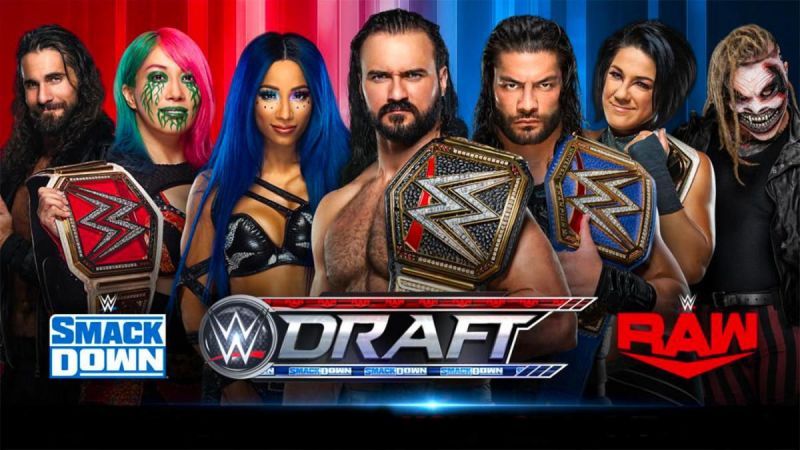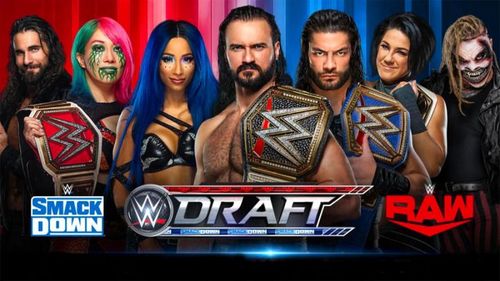
2 reasons why WWE should cancel the Brand Split and 3 why they should not

Five years ago, WWE brought back the brand split and divided the roster across RAW and SmackDown. While an initial success, the product has not quite been the most consistent over the past couple of years.
Usually, only one of the two brands prospers at any one time. If RAW is doing well, its blue counterpart struggles. Similarly, when SmackDown soars, WWE's Monday night staple bores. But how does the company solve this problem?
This year's WWE Draft is scheduled for a week after SummerSlam, but how much will it help? Maybe, just maybe, WWE needs to do away with the brand extension entirely.
A few arguments suggest that WWE may be better off with a singular product across the main roster. But the brand split does still have its merits. It is likely to continue for the foreseeable future, but should it?
We will take a look at a few arguments for and against WWE ending the brand split, along with a deep look into these aspects of the separation of RAW and SmackDown.
#2 Should: WWE barely maintains exclusivity between RAW and SmackDown anymore
One of the biggest selling points of the brand extension is WWE maintaining the discipline of keeping the RAW and SmackDown rosters separate. This allows both brands to carve their own identities, with its Superstars remaining exclusive to whichever one they are on.
However, WWE has been guilty of breaking this multiple times in the past. This problem threatened the entire existence of the brand split in 2019, with Vince McMahon introducing the Wildcard Rule. As a result, Superstars travelled across both shows, severely diluting the product.
RAW and SmackDown were both a mess and lacked effective storytelling for a few frustrating months between WrestleMania 35 and SummerSlam. WWE did think better of it in time for the move to FOX in October, but it has still faltered in this aspect through the Brand-to-Brand Invitational.
It is a cheap escape route from the creativity that blessed WWE during the early stages of the brand split in 2016. King Corbin's involvement in the Bobby Lashley-Drew McIntyre feud is a recent example, as were Nia Jax and Shayna Baszler appearing on SmackDown after losing the WWE Women's Tag Team Championships.
We haven't even mentioned the confusion of Survivor Series season when Superstars on both shows fight for "brand supremacy." Perhaps WWE would do better without these so-called shackles.